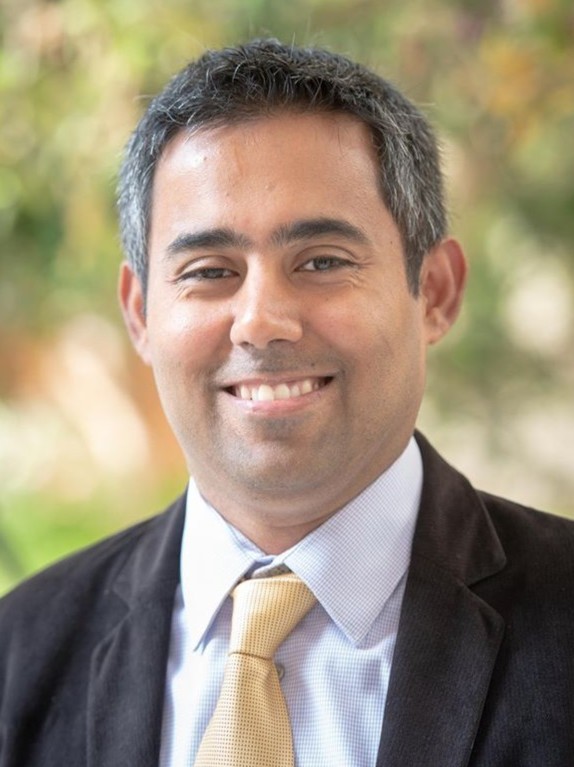
Peripheral artery disease is a severe form of cardiovascular disease affecting more than 230 million individuals worldwide. The correlation of peripheral artery disease with diminished blood flow in one or more major arteries has prompted numerous studies aimed at developing therapies that promote the formation of new mature blood vessels, known as neovessels, to restore blood flow. However, despite years of investigations, the medical therapies designed to do so have lacked therapeutic significance.
Vivek Nanda, Ph.D., an assistant professor in the Division of Molecular and Cellular Pathology, believes that this is due in large part to a lack of understanding of the mechanisms involved in the formation of mature neovessels. Nanda was recently awarded funding from the National Institutes of Health’s National Heart, Lung, and Blood Institute for his project, titled, “The Role of Leiomodin1 in Hypoxic Neovessel Maturation.” The five year, $3.4 million R01 will run through February 2030.
“Through an unrelated study we found a gene called Leiomodin1, which appeared to be critical in the formation of mature neovessels,” Nanda said. “We wanted to investigate this further in the context of peripheral artery disease."
Nanda’s research team will seek to determine the relationship between Leiomodin1 and peripheral artery disease by investigating the mechanism by which this gene regulates the vascular biology of smooth muscle cells in mature neovessel formation. This attribute may be critical in regulating the pathogenesis of peripheral artery disease.
Specifically, the researchers will implement advanced cell culture models, state-of-the-art genomic and human translational approaches, to elucidate the mechanistic pathway by which reduced Leiomodin1 may impair neovessel maturation. Using advanced in vivo techniques on mouse models, they will determine whether the Leiomodin1 mediates defects in neovessel maturation and whether peripheral artery disease is primarily mediated through smooth muscle cells. Finally, the team will investigate whether the defect can be restored.
"This work will enhance the scientific community’s understanding of Leiomodin1’s role in the formation of mature neovessels” Nanda said.
Nanda’s study will be the first to provide novel molecular insights on Leiomodin1’s role in peripheral artery disease and the development of new strategies to effectively treat this increasingly morbid pathological condition.